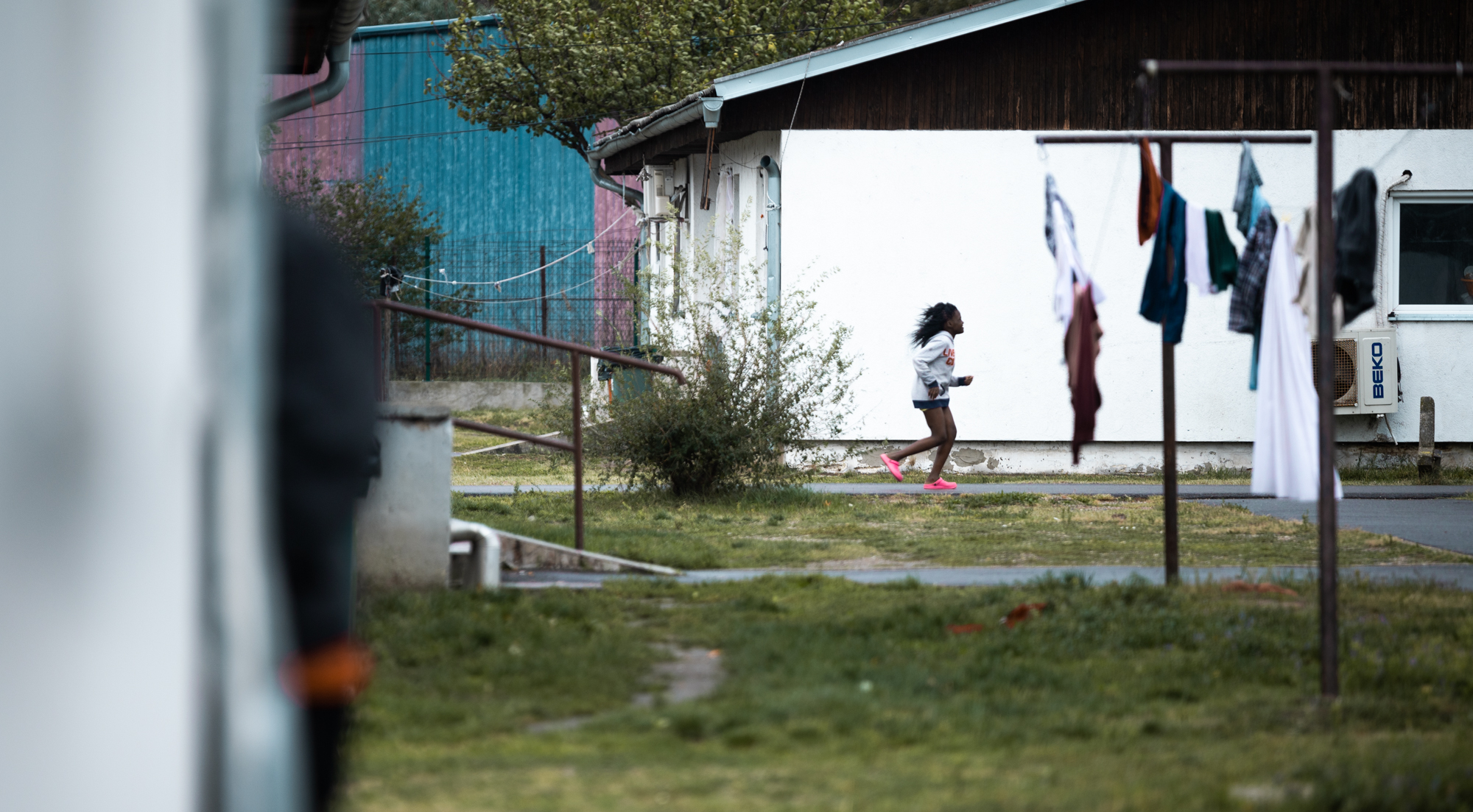Hotline: +381 61 63 84 071
Girls on the move are among the bravest and strongest girls in the world

Photo: Piroshki Photography
Girls on the move are among the bravest and strongest girls in the world
"No one should deny or deprive a girl of her rights, and we all must fight for that! You, and I, and all the persons we do and don’t know. We need to reach everyone with this message and pass it on. Only when everybody becomes aware of that will we be one step away from creating a world that is more just and tailored to the girls needs," said 16-year-old Gulzar from Afghanistan, on the occasion of World Children's Day.
We are dedicating this day to all the girls on the move, those with the experience of refuge and migration who have left their homes fleeing violence, systems, and structures in which there was no place for them and which were not tailored to their needs. Now, we meet such girls in Serbia as well, those who came from Afghanistan, Iran, Somalia, Eritrea, Ghana, and who recognize themselves as brave and strong. Especially today, but also on every other day, we need to recognize these girls not just as brave and strong, but as one of the bravest and strongest girls in the world. When we do that, only then will we be safe and ready to open boundless spaces for them to realize their full potential.
The challenges and risks girls on the move face are numerous, and according to the UNHCR, only 4% of global funds are earmarked for the programs and services that reach them.
It is estimated that one in 5 women and girls in humanitarian settings experience sexual violence - from systematic rape in conflict and post-conflict situations, rape as a method of controlling a community or family, sexual torture, slavery, child and forced marriages, female genital mutilation, domestic violence… Sexual violence can be a cause of refuge, a risk on the journey, and it also happens in the countries of refuge and asylum.
Girls on the move are exposed to constant risks, while the emotional and psychological consequences of such experiences represent a major pillar of their vulnerability. The experience of professionals involved in direct work shows that this number is far higher, given all the existing obstacles associated with detecting the cases of sexual violence.
In order not to expose themselves to additional risks, many of them often remain “invisible”, hidden within other families or groups they travel with, and often identify as adults. This makes their identification more difficult, and there representation in official statistics, both national and international, is not relevant as they most often do not enter the available protection programs. These girls also face the inability to exercise their basic rights such as unhindered access to education, participation in deciding which jobs to pursue, and other rights guaranteed by national and international normative frameworks.
"My friend didn't go to school, just because she's a girl."
For many girls around the world, walking to school is so dangerous that the parents are forced to choose safety over education for their daughters. In situations of poverty and economic oppression, girls are the first ones to be withdrawn from school while their parents are finding ways to alleviate economic burdens, depriving them of their basic right to education and realizing their full life potential. This scenario is two and a half times more often in girls who come from countries affected by war conflicts, than their peers in peaceful countries.
"I'm a girl, so I have to do jobs that are ‘for girls’, and I can't be an engineer or choose the sport I want. Just because, as they say, it’s simply not for girls."
The possibility of continuing education and training is not an option for many of them, which further limits their later entry into the labor market and the acquisition of professional qualifications that would enable their economic independence and contribute to them having a choice in the broadest sense of the term.
Organizations Atina and Save the Children have been investing efforts to improve the position of girls on the move for years now, especially through the provision of direct assistance and support tailored to their needs. Within the "Pippi of Today" project, activities are starting to provide comprehensive support to these girls in exercising their rights, as well as in advocacy activities aimed at improving their position. The project is supported by Save the Children Sweden, and relies on ideas proclaimed by the most famous literary figure of the Swedish writer Astrid Lindgren, the girl Pippi Longstocking.












 FACEBOOK
FACEBOOK TWITTER
TWITTER YOUTUBE
YOUTUBE